 We’re being monitored. At least, we’re being recorded. Straight out of the storyline in George Orwell’s novel 1984, technology has gotten to the point that anyone who wants to, and has the resources to—like, the US Federal Government—can monitor and store all electronic communications.
We’re being monitored. At least, we’re being recorded. Straight out of the storyline in George Orwell’s novel 1984, technology has gotten to the point that anyone who wants to, and has the resources to—like, the US Federal Government—can monitor and store all electronic communications.
That really is astounding.
This past week, Edwards Snowden, a former National Security Agency (NSA) employee revealed many things about the clandestine agency’s daily operations, apparently because his conscience would not allow him to remain silent regarding the obvious overreaching. (Read more.)
Reactions to his revelations vary, but one certain result of his actions is that we as a nation (and perhaps the entire globe) are considering what is just, and necessary, and maybe even ethical, in regards to security versus liberty.
That reminds me of the words of Benjamin Franklin:
“They who can give up essential liberty to obtain a little temporary safety, deserve neither liberty nor safety.”
It’s pretty amazing that we have the capacity to collect and store every email, phone conversation, video or audio chat, web browser session, and so on. And with indexing and cataloging software, as well as analytical algorithms, it’s incredibly easy to discover critical facts and piece them together to thwart nefarious plots. Truly remarkable how our technology has come.
But at what point is it too much? Do we really need to collect—and store—all of this information… especially when there is no evidence or even suspicion of wrongdoing? What about “innocent until proven guilty”? What about the right to liberty, established in our founding document, the Declaration of Independence?
With all of these thoughts fresh in our minds, I thought it might be a good time to revisit a draft post I started and saved shortly after finishing a book by Ron Paul titled, Liberty Defined: 50 Essential Issues That Affect Our Freedom.
I asked Jen if she would type out the last couple pages of Ron Paul’s book, because I thought it was just an excellent summary of his book, his thoughts on liberty, and the current culture of our country. (AND, because she really does love doing things like that! Anyone need a secretary?) 🙂
I’m not sure of the copyright usage permissions here, but if Mr. Paul or his people contact me and request I remove this post, I will.
Until then, please read his words, and consider what Liberty means to you. (And what you can do about that.)
Please comment below, too, if you’d like to do so. This is not a “no comment” subject, to be sure.
Also, if you have the time, click the Related Posts links at the end of this post, too. They are all worthwhile reads regarding liberty.
Excerpt from Liberty Defined by Ron Paul
Many people are deeply discouraged at the state of affairs in America. They look at goings-on in Washington and see graft, power grabs, senseless regulation and spending, and a government completely out of control, having grown far beyond the size and scope that a free people should ever permit. They are confused about ongoing wars around the world. They are puzzled by the dampening of economic opportunity. People are worried about the future.
These people are right. Some are active in politics and trying to make a change. Others are discouraged to the point of utter cynicism. There is a third path here that I highly recommend, and that is the path of winning hearts and minds through education, first of the individual, and then of others through every way possible.
We must recapture what it means to be free. By this I do not mean that we should all become policy wonks or waste our time studying the details of this or that political initiative or sector of life. I mean that we need to form a new approach to thinking about society and government, one that imagines that we can get along without such central management. We need to become more tolerant of the imperfections that come with freedom, and we need to give up the illusion that somehow putting government in charge of anything is going to improve its workings, much less bring utopia.
To embrace the idea of liberty is not a natural condition of mankind. In fact, we are disposed to tolerate far more impositions on liberty than we should. To love liberty requires an act of the intellect, I believe. It involves coming to understand how all the things we love in this world were given to us under conditions of liberty.
We need to come to see government as it is, not as we wish it to be and not as the civics books describe it. And we need to surrender our attachments to government in every aspect of life. This goes for the right and the left. We need to give up our dependencies on the state, materially and spiritually. We should not look to the state to provide for us financially or psychologically.
Let us give up our longing for welfare, our love of war, and our desire to see the government control and shape our fellow citizens. Let us understand that it is far better to live in an imperfect world than it is to live in a despotic world ruled by people who lord it over us through force and intimidation. We need a new understanding of what it means to be a great nation; it should mean, as George Washington said, that our nation is a beacon unto the world, not that we conquer the world militarily, impose our will on everyone, or even remain number one in the GDP rankings. Our sense of what it means to be great must be defined first by morality.
We must come to imagine liberty again, and believe that it can be a reality. In order to do this, we do not need songs, slogans, rallies, programs, or even a political party. All we need is access to good ideas, some degree of idealism, and the courage to embrace the liberty that so many great people of the past have embraced.
Liberty built civilization. It can rebuild civilization. And when the tides turn and the culture again celebrates what it means to be free, our battle will be won. It could happen in our time. It might happen after we are gone from this earth. But it will happen. Our job in this generation is to prepare the way.
(Emphases mine)

 There is no word to describe what I’m attempting to put into words. The concept of capturing extant reality in written words when no words are used—nor in the true reality, are they necessary—in order to communicate by text or mere oration (and auditory-only experience of that oratory) the experience in its entirety. It’s so difficult, and yet so masterfully accomplished by J. R. R. Tolkien in his stories of Middle-earth.
There is no word to describe what I’m attempting to put into words. The concept of capturing extant reality in written words when no words are used—nor in the true reality, are they necessary—in order to communicate by text or mere oration (and auditory-only experience of that oratory) the experience in its entirety. It’s so difficult, and yet so masterfully accomplished by J. R. R. Tolkien in his stories of Middle-earth.
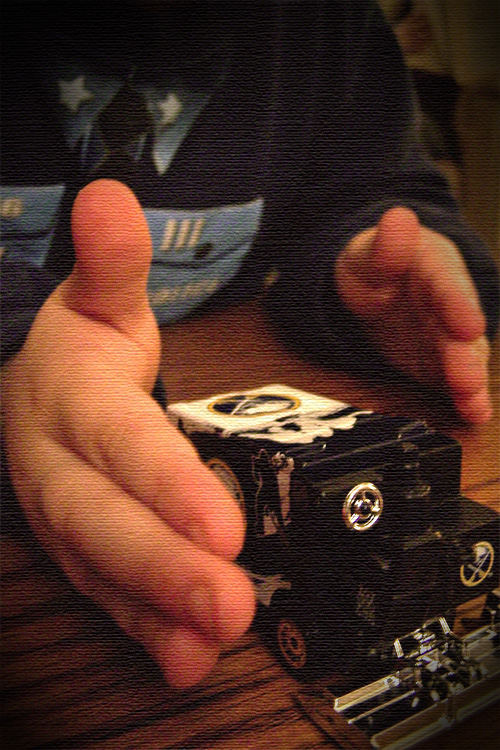
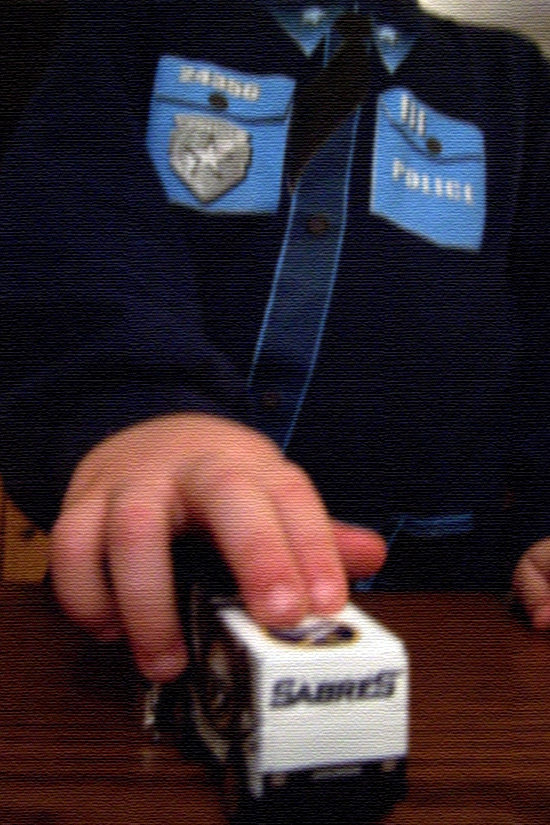
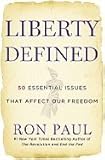
 As I sat in my reading chair, enjoying a quiet moment to read one of the dozen or so books in which I currently have a bookmark (reminding me again that I really wish I would find more occasion to enjoy sitting down to read…) I noticed the interesting tale that my book choices tell.
As I sat in my reading chair, enjoying a quiet moment to read one of the dozen or so books in which I currently have a bookmark (reminding me again that I really wish I would find more occasion to enjoy sitting down to read…) I noticed the interesting tale that my book choices tell.
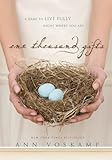
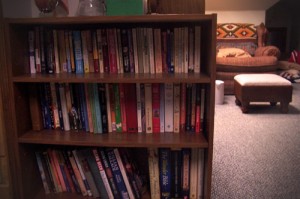 All day I have been thinking, I would like to sit down and write this article, or that one; things I have had knocking around in my brain and at least partly begun as drafts. But somehow almost immediately after I’ve had that thought another quickly replaces it: It’s really time to read!
All day I have been thinking, I would like to sit down and write this article, or that one; things I have had knocking around in my brain and at least partly begun as drafts. But somehow almost immediately after I’ve had that thought another quickly replaces it: It’s really time to read!